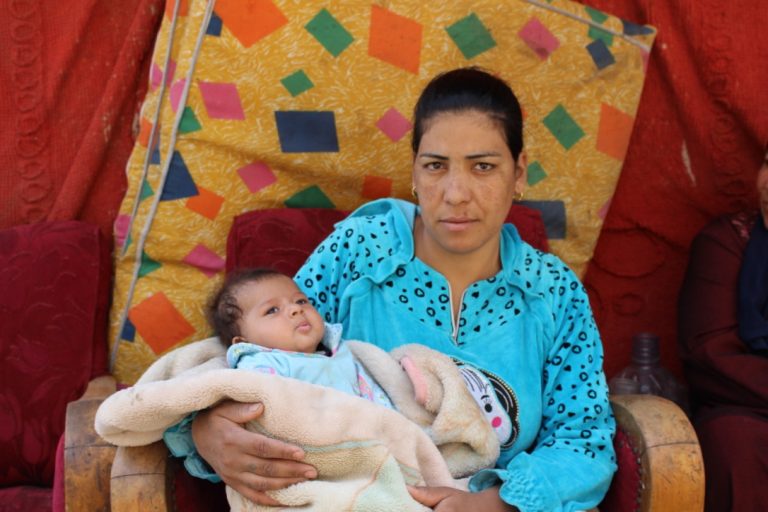Like many women of her generation, Samia Medhat, a housekeeper for many New Cairo villas, says that while she is the breadwinner for the family, she has little control over the salary she receives. Her husband, who “refuses to get off the couch”, demands she hand it over every month, keeping in line with societal norms which dictate that men are in charge of the family’s economic decisions. More importantly, however, when Medhat received her inheritance from her late father, her husband also took the money and used it for his own personal purposes. But the Egyptian Parliament is trying to strengthen women’s inheritance rights. Following a year of deliberations on amending the Inheritance Law (Law No. 77 of 1943), the Egyptian Parliament passed a law on December 5 guaranteeing women their legitimate right to receive their inheritance. The parliament approved the new law after the Cabinet, the National Council for Women (NCW) and civil associations submitted several drafts in January 2016, December 2016 and September 2017 respectively, to amend the existing law. Article 49 of the new law stipulates that anyone who deliberately denies the heir, be it a…



